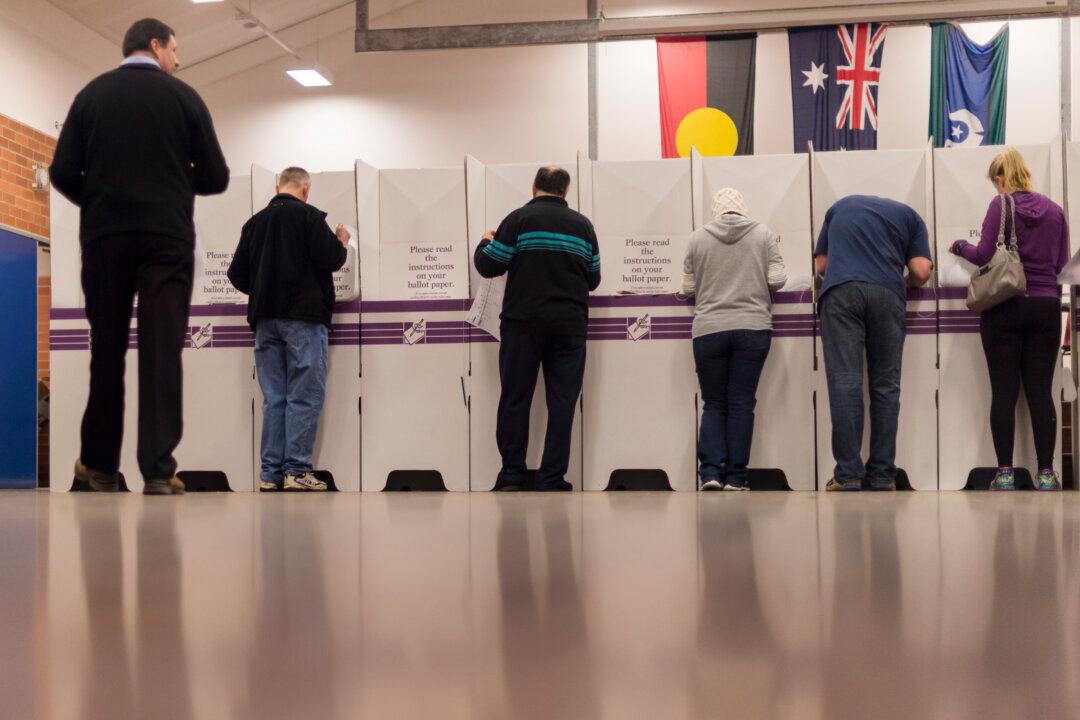Spending caps, real-time disclosure requirements, and a lower donation threshold are among recommended reforms to reduce the election influence of donors with deep pockets.
The reforms are part of a push to increase transparency in federal elections and level the playing field so the biggest spenders do not have an unfair advantage.





